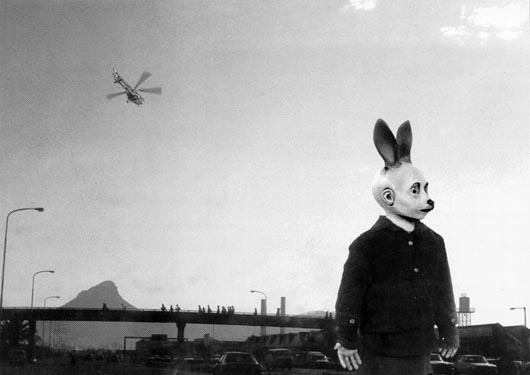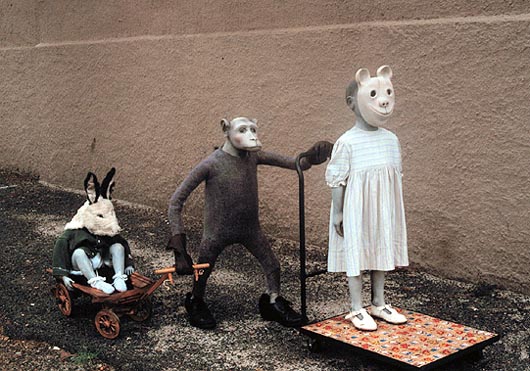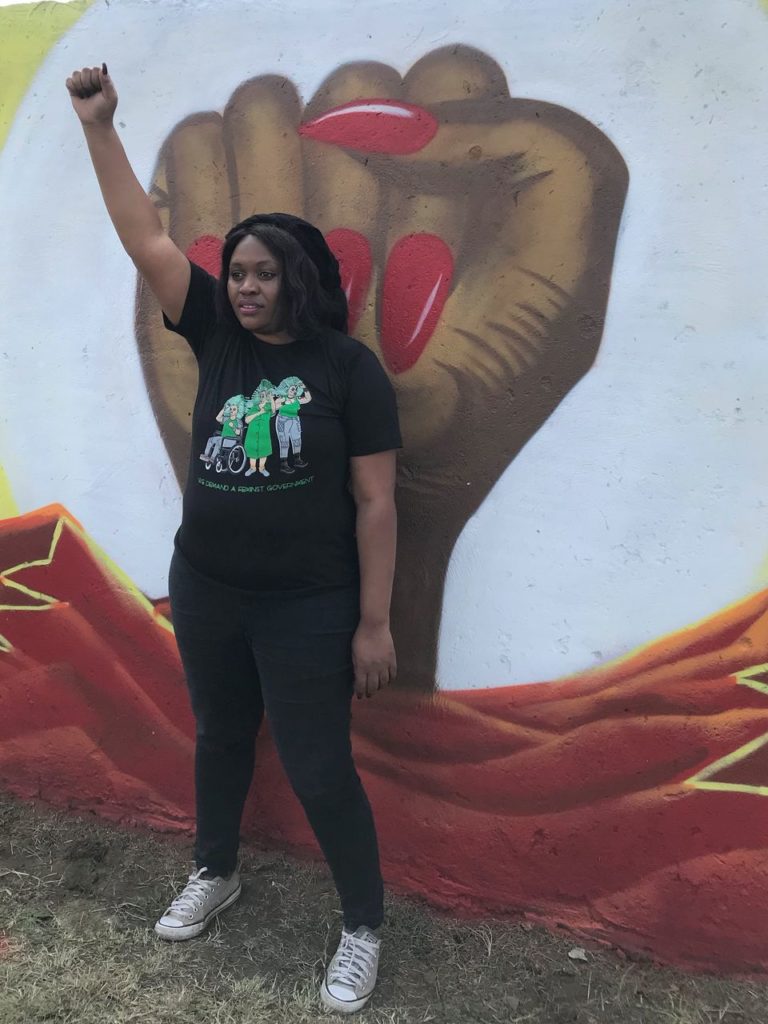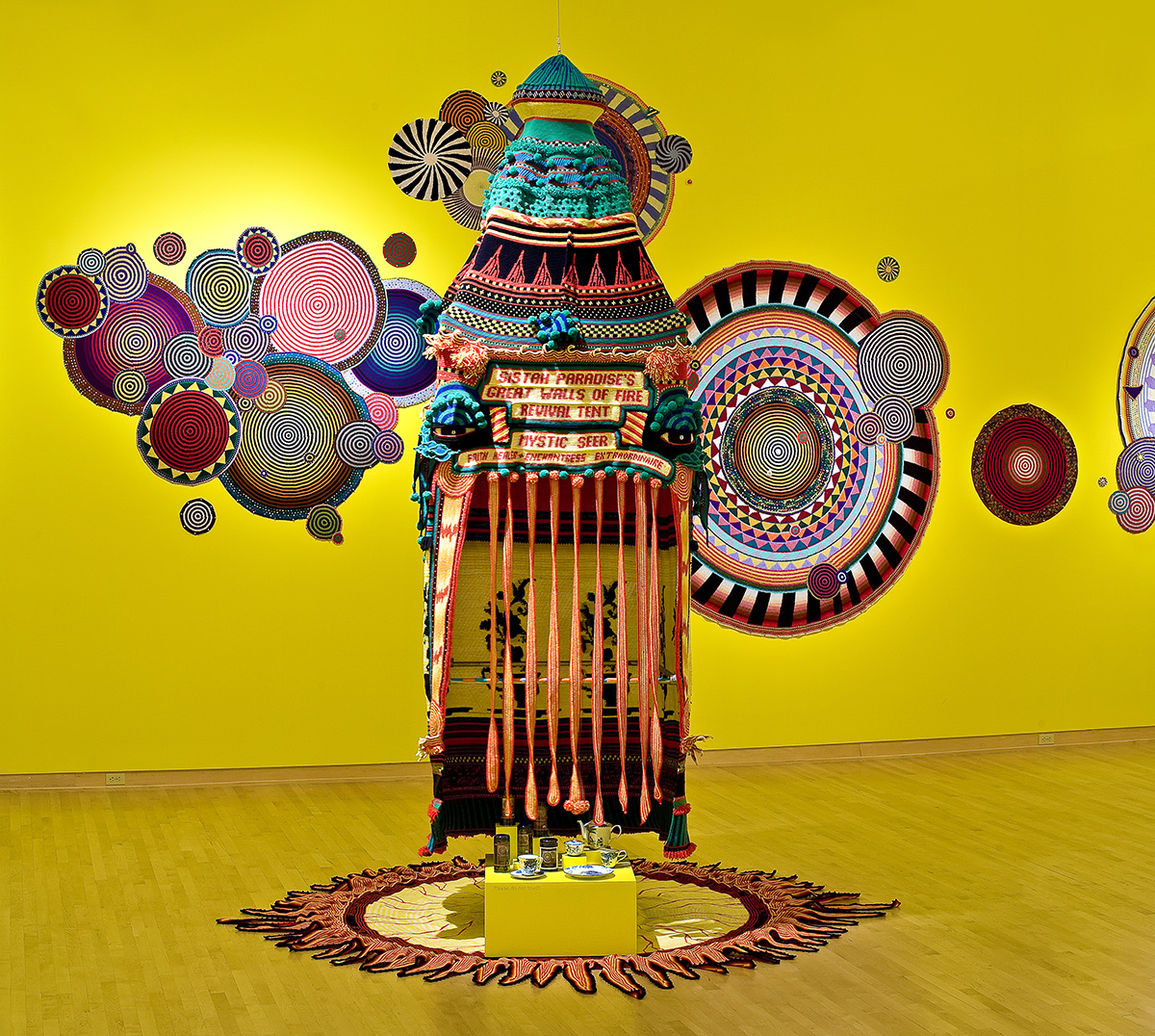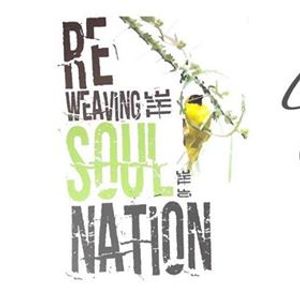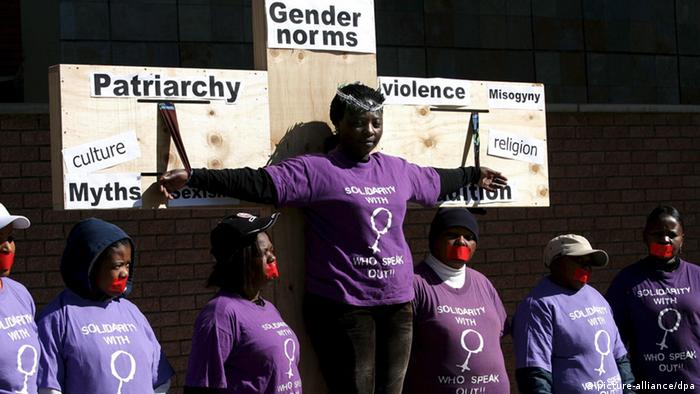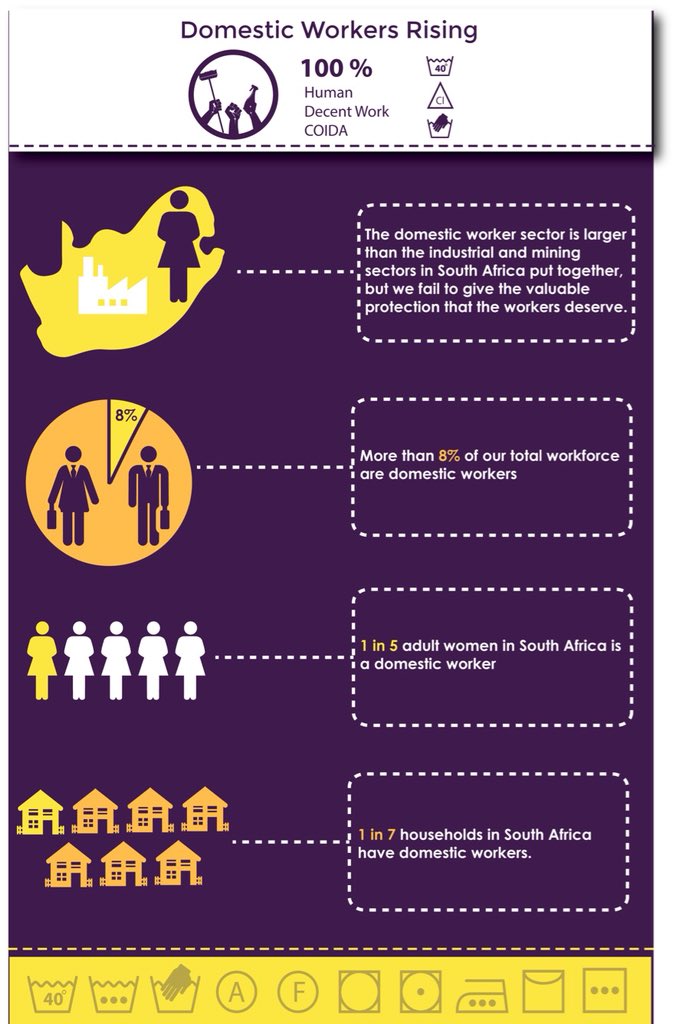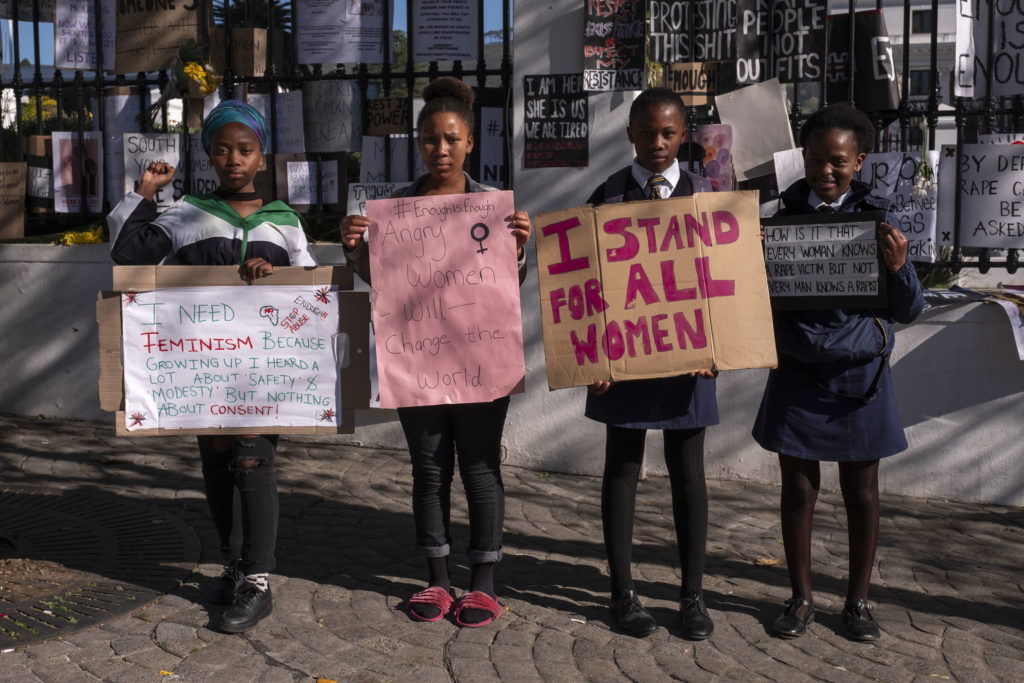
Kwanele
ASHES TO ASHES
A fly sits on a woman’s lip
she spits and swears
a priest in black and white
raises his hands
“Ashes to ashes may our holy god give
your bleeding hearts peace…”
Plastic petals
red and white
rain on the wood
covering your flesh
dead leaves falling
Your mother throws soil
dust falls
her tears follow the motion
wind scatters them
before reaching ground
mourners swallow
march behind her in procession
footprints embroider
the path from your grave
I stay and read the headstone,
“Nomaphelo, 1973-1992,
we will remember you always
beloved daughter”
Walking from where you sleep
I remember your legend:
the day the gods made you
they carved and carved
once happy they called a heavens’ Imbizo
the heavens came
breathed life into you and next day
you opened your eyes
At five you asked the priest when god
was coming to our village
he pulled your cheeks and turned his back
at six you chased policemen with a spoon
and at twelve taught us
mellow yellow engine sound
yaqal’inyakanyaka
rooftops raining
a million feet rise
Molotov cocktails
White lies ashes
On your fifteenth birthday
we exchanged gifts on Makana’s Kop
three years later an East Cape paper
reported “liberation movements unbanned,
exiles come home”
the story of the girl found naked
at the foot of Ntabezono,
a stick shoved into her vagina
did not make news
A young boy found the silver chain
I gave you in his brother’s jacket
Mothers whispered “a familiar voice,
early hours of the morning
pleading forgiveness”
Fathers moaned of “the howling dogs
and the screaming whore
who disturbed our sleep”
The law spoke for months
of “circumstantial evidence”
looked your mother in the eye
“docket lost, case now closed”
Two decades on
I rest my head on your stone
and hear your heart’s beat
the sound of a tidal force twirling
waves of fists that roll time
into cannon-balls
churning flames that shred the sky
as they rise
roaring
Kwanele!
Kwanele!
Kwanele!
(Photo credit: New Frame / Barry Christianson)
